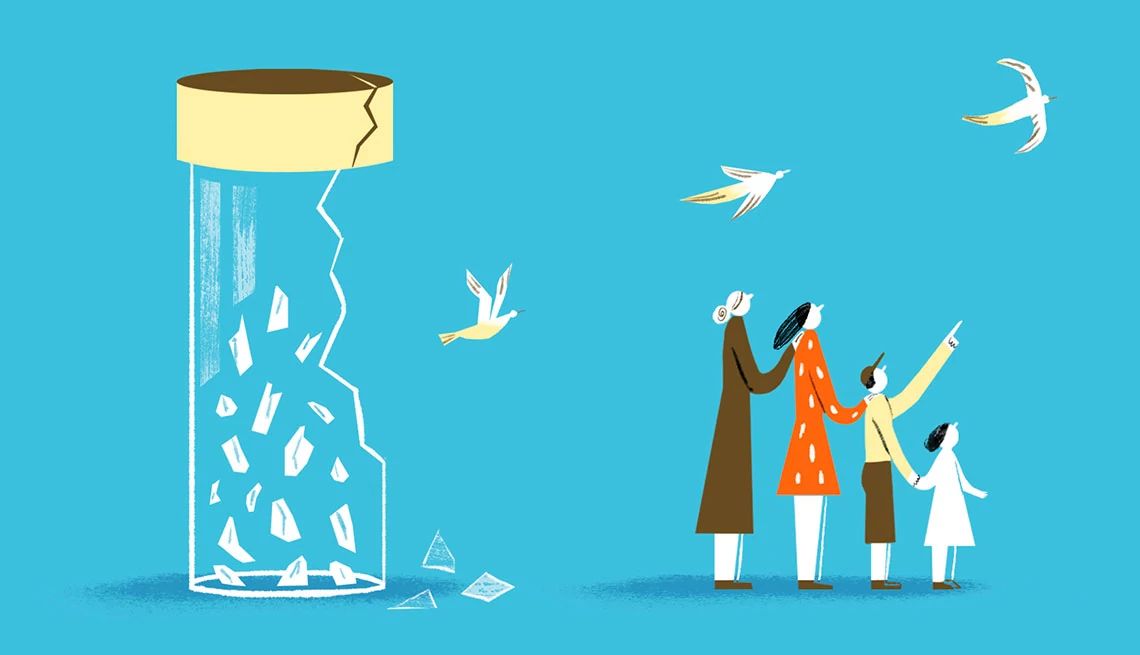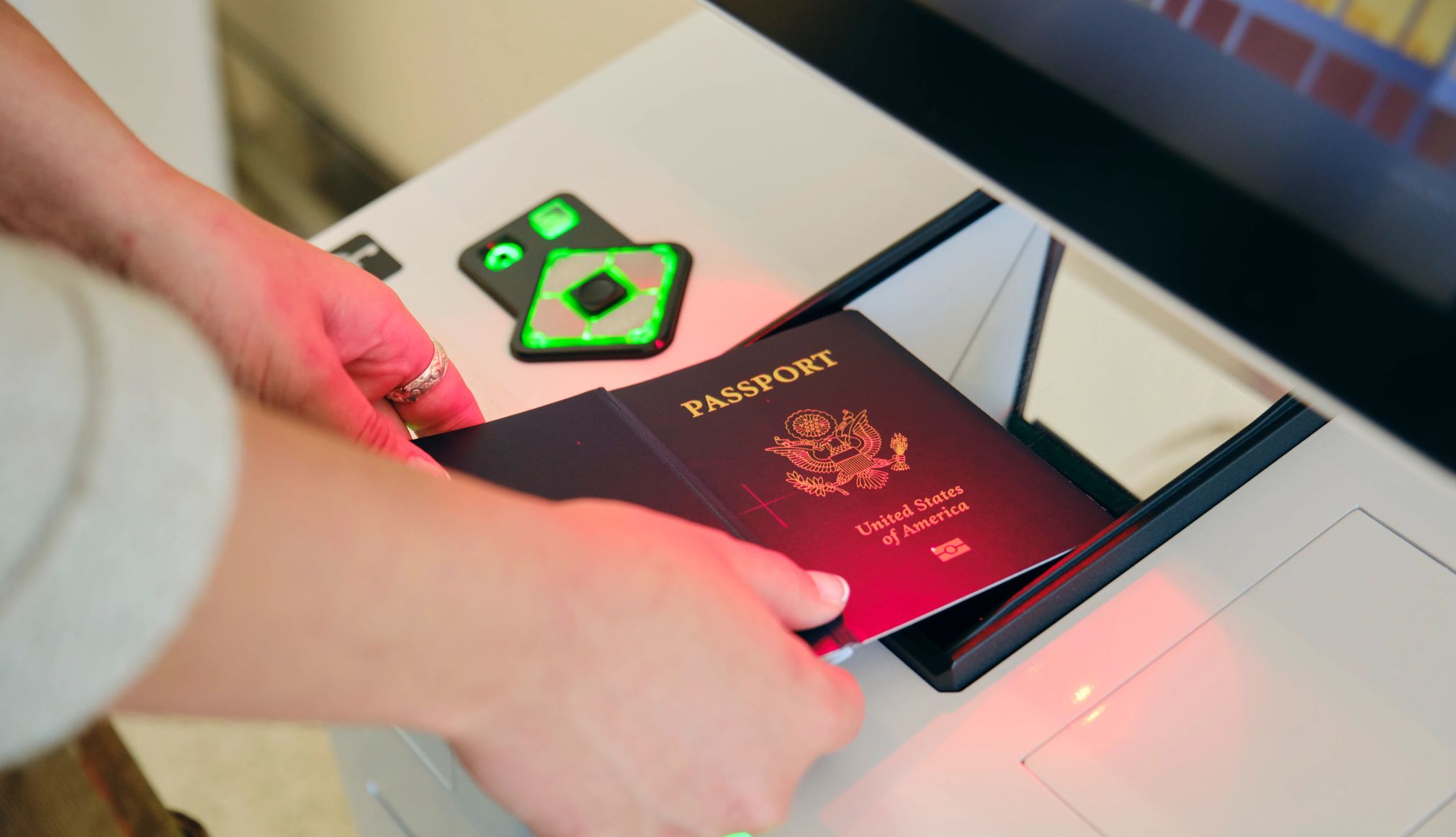AARP Hearing Center


Welcome to Ethels Tell All, where the writers behind The Ethel newsletter share their personal stories related to the joys and challenges of aging. Come back Wednesday each week for the latest piece, exclusively on AARP Members Edition. And be sure to subscribe to our free newsletter at aarpethel.com where we, as women 50 and up, smash stereotypes, celebrate life and have honest conversations about getting older.
You can no more shake a person out of a drug-induced psychotic episode than you can place your hands on the skin and mend a broken bone. Not that I didn’t try. And you cannot help a drug addict get sober until they are ready to help themselves. I learned this through years of trying, all the while feeling my grandchildren’s pain and fearing for my daughter’s life.


LIMITED TIME OFFER: Labor Day Sale!
Join AARP for just $9 per year with a 5-year membership and get a FREE Gift!
The first time I witnessed my daughter in psychosis, I pulled her close to my chest. “You’re OK,” I soothed, knowing she wasn’t.
The person staring at me was not my daughter. Her jeans hung loosely from her limbs as if her body was simply a clothesline. Her skin was ashen, her cheekbones sunken and she babbled crazily about dogs and strange voices.
The only voice I wanted to hear no longer existed. That of my sweet, beautiful daughter.
After too many of these episodes, I had to admit she was a drug addict. I knew her boyfriend was addicted to crystal meth. And despite friends telling me my daughter was also using, I refused to believe it. Or maybe I did somewhere deep in my subconscious. But who wants to admit their child is a drug addict?
Her addiction spread like a virus throughout our family, affecting everyone. I would get hysterical calls from my grandchildren saying mom forgot to pick them up from school. Again. And again. She would leave me babysitting until dawn. I hid my credit cards and valuables.
Her children moved in with their respective fathers and I stepped into the “mom” role. During those years, a phone call usually meant trouble. Either she was high, talking way too fast, or she was crying out for help from a place I couldn’t reach. Either way, the calls were terrifying. At the sight of her name, adrenalin rushed through my body, giving me uncontrollable shakes.
I had the county mental health clinic programmed into my phone. No parent should have to 5150 their child. For those unfamiliar with the code, it means to involuntarily detain a person for 72 hours in a psychiatric hospital when the person is in danger to others or to themselves.
I’ll never forget the pleading look in her eyes every time the ambulance door shut on her cries, “Mom, please don’t let them take me.”
I prayed each time would be the last. But as I said, you cannot make an addict seek help until they are ready.



























































You Might Also Like
How I Feel About Being Sexless in My 60s
I’ve nearly given up being intimate with my husband in our golden yearsAre You Always Running to Doctors?
As we age, not everything wrong with us needs to be fixedMy Husband Cheated. What I Did About It May Surprise You
In this Ethels Tell All essay, author Jodie Utter shares the aftermath of an affairRecommended for You